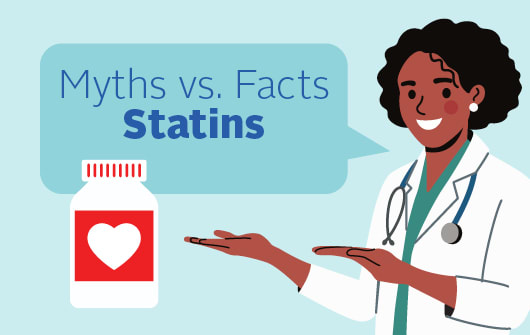Is intermittent fasting heart-smart?
How timing your dining protects your ticker.
Article Date:

You exercise and eat right knowing heart disease is the leading cause of death in the U.S. What if a healthy heart has more to do with your eating window than your calorie count?
A study in Endocrine Reviews suggests intermittent fasting may help prevent and manage heart disease.
Intermittent fasting methods explained
Maedeh Ganji, MD, a board-certified cardiologist with Baptist Heart Specialists, says that there are different intermittent fasting methods one can use based on their metabolic health, weight loss and personal schedules.
With the 16/8 method, fasting is done for 16 hours, followed by an 8-hour eating window.
There is a 5:2 method where one restricts their caloric intake to 500-600 calories on two non-consecutive days.
Alternate date fasting allows you to fast one day and eat normally the next.
The eat and stop method involves fasting for 24 hours once or twice a week.
"The benefits of these methods include improved insulin sensitivity, blood sugar control, cholesterol levels and inflammatory markers that improve cognitive function and help cellular repair within the body," said Dr. Ganji. "This only pertains to patients who are non-diabetic. Diabetic patients should proceed with intermittent fasting only under the supervision of their doctors."
Long-term health benefits of intermittent fasting
Intermittent fasting has often been viewed as a diet trend, but it can also aid in cardiovascular wellness.
"Studies show us the markers that cause heart attacks and inflammation are significantly reduced during intermittent fasting. This eating method has also been shown to reduce blood pressure and cholesterol, increase insulin sensitivity, and reduce obesity and its various complications," said Dr. Ganji. "This is important in prediabetic patients. During fasting, the body exhausts its sugar storage and starts burning stored fat. This is called metabolic switching."
Dr. Ganji says that, when under a supervised intermittent fasting regimen, studies have demonstrated great outcomes for those with type 2 diabetes. These include weight loss, reduced need for insulin and leptin while reducing insulin resistance and increasing levels of adiponectin ---even reversing insulin need.
Healthy eating still matters
What about the buzz that you can eat what you want with intermittent fasting?
"The food you consume is the most important aspect and is at the forefront of intermittent fasting. Eating healthy means regularly having meals that include vegetables, fruits, complex carbohydrates and healthy fats while avoiding sugar and processed foods," Dr. Ganji said. "Meal prepping can help alleviate poor food choices. Also, while grocery shopping, stay on the outskirts of the store where the fresh produce and vegetables are located."
Who shouldn't try intermittent fasting?
It is important to discuss intermittent fasting with your doctor before trying it. There are certain conditions where it could be dangerous to fast for too long, Dr. Ganji said.
People who should avoid intermittent fasting are:
Pregnant
Breastfeeding
Underweight individuals
Those with a history of eating disorders
Diabetics Type 1 and Type 2 (patients may be eligible after getting a clearance to pursue intermittent fasting by their physicians)
Frail and elderly patients
And under the age of 18 years
How to get started
For those who have been cleared by their doctors, the best strategies to follow are:
Begin with an 8-hour fast and increase to 12 hours if well tolerated
Break your fast with warm liquids, lean protein and incorporate fiber
Hydration is key – make sure to drink plenty of water
Note that long periods of fasting (greater than 24 hours) may be dangerous and will have the opposite effect, as it encourages the body to store more fat as a response to starvation.
Sticking with it
Intermittent fasting can be a long-term way of eating, Dr. Shah said. It's doable because you can strive to follow it 80% of the time. If you want to go out socially to a family breakfast or dinner with friends, you can indulge a little and then resume the time-restricted eating the rest of the week.
Remember that it takes time for your body to get used to the new lifestyle. It can take two to four weeks for the body to adjust, and you might feel hungry and cranky at the beginning. Research shows that those who make it through this adjustment period tend to stick with the new routine.
When followed correctly, intermittent fasting is a sustainable and beneficial method for long-term weight loss and cardiovascular health for those who can tolerate it and are medically cleared.
Questions about your heart health?
Baptist Health offers the region’s most comprehensive cardiovascular care. If you have questions about preventing heart disease or are looking for a cardiologist visit baptistjax.com/heart.



